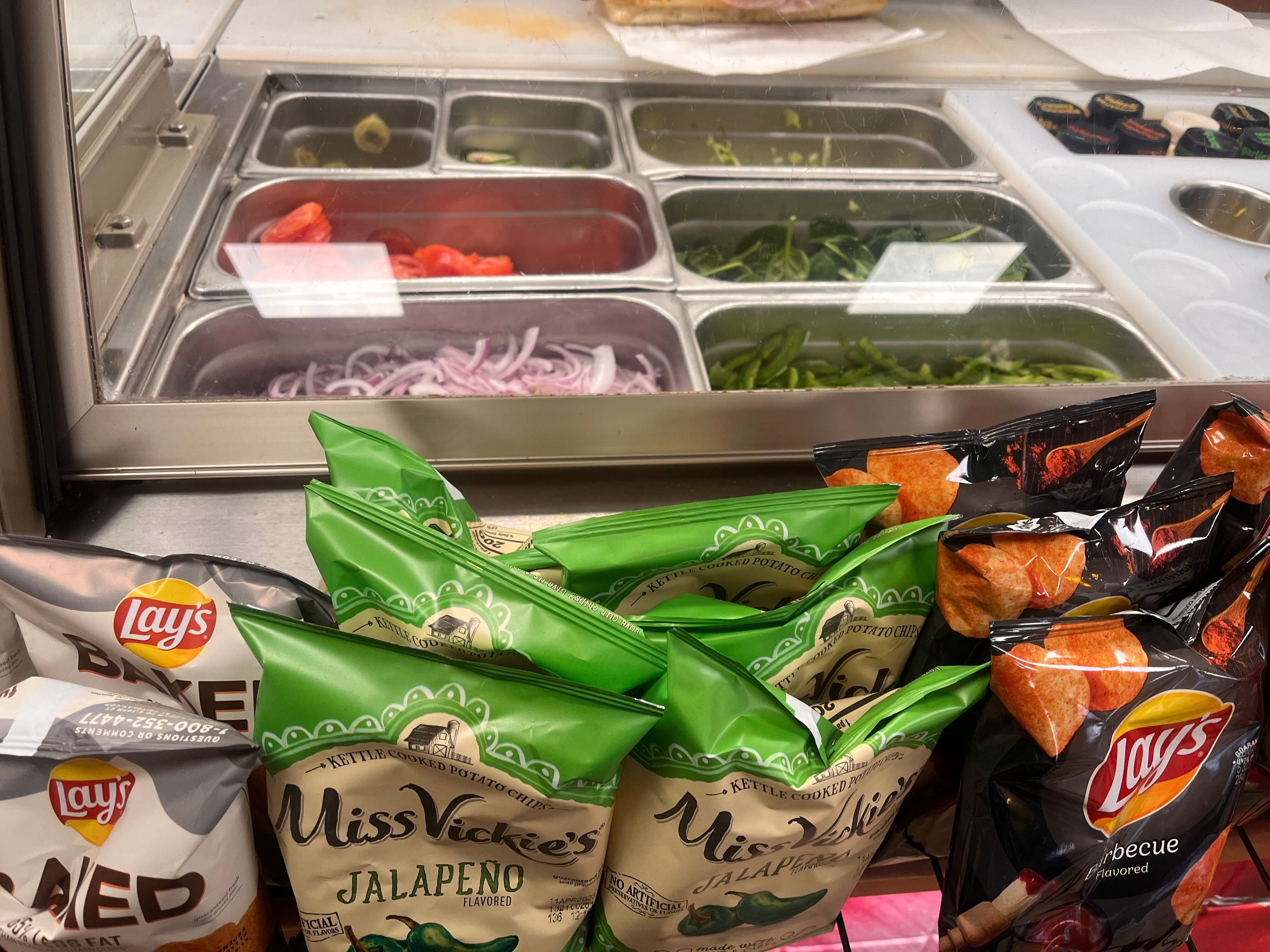Lowndes life expectancy: Education is key to health, longevity of life
Published 5:03 pm Wednesday, February 8, 2023
|
Getting your Trinity Audio player ready...
|
In Lowndes County, life expectancy peaks at around 70.3 years, 4.5 years less than the statewide average. Healthy lifestyle habits can help to control or avoid chronic illnesses such as heart disease, diabetes, and hypertension which impact the longevity of life.
According to the Centers for Disease Control (CDC), good nutrition is essential for keeping people healthy across their lifespan, helping children grow and develop properly, and reducing their risk of chronic diseases.
Around 10,000 Lowndes County residents live in a so-called food desert, with only one grocery store, Hayneville Associated Grocers, within the county. Tana Shealey, Lowndes County extension office coordinator, said limited access to healthy foods impacts a person’s ability to gain good nutrition.
“The United States Department of Agriculture (USDA) determined that there are characteristics which make an area a food desert,” Shealey said. “Some of those characteristics include there being only one location for people to access fresh fruit and vegetables. Studies through the USDA show that in communities that are mainly high minority-based and low income, many qualify as having residents living in a food desert who don’t have choices to select fresh produce.”
Shealey explained that food deserts often show high poverty rates and may also be in rural areas with little population growth.
“All of that is the perfect storm for a food desert situation,” Shealey said.
Data from the 2019-2020 CDC National Health Interview Survey revealed 15 million Americans experienced food insecurity — the limited or uncertain availability of safe and nutritionally adequate foods or the limited or uncertain ability to acquire acceptable foods in socially acceptable ways.
Poor health outcomes in children have been consistently associated with food insecurity and in 2019-2020, 10.8% of American children aged 0-17 lived in households experiencing food insecurity.
Attempts to add another grocery store to the county were unsuccessful in late 2022, when a deal to bring the Carver Jones Market expected to fill the vacancy left by Piggly Wiggly Express on U.S. Highway 80 in White Hall failed to materialize.
Shealey said Lowndes County’s status as a food desert, where children and families are even more susceptible to food insecurity, is why Extension operates the Expanded Food and Nutrition Education Program (EFNEP) and Supplemental Nutrition Assistance Program Education (SNAP-Ed).
“The goal is to bring information regarding healthy food choices people can make to areas that have low income populations,” Shealey said. “There are grants available to entities to teach classes and print out information. We bring people in, show them how to cook, let them sample foods that are high in nutrients, and teach them how to handle [healthy] foods properly so that they last longer.”
SNAP-Ed Agent Terronda Fields coordinates and teaches classes to teach Lowndes County residents about smarter food choices and what constitutes a healthy diet. These classes help participants utilize easily accessible canned, dried, or frozen foods when fresh choices are not within reach.
“I can do adult classes to help people focus on better nutrition and changing habits like what they drink,” Fields said. “We can do food demonstrations and giveaways which help them know how to eat better and exercise more.”
My Plate classes teach participants how to modify their favorite recipes to include healthier ingredients, Fields explained. Food Smart shows participants how to change eating habits with tips like drinking water instead of sugary sodas with meals.
According to Lowndes County Schools Superintendent Jason Burroughs, school children receive healthy meals and learn about nutrition.
Extension classes on healthy lifestyles are available to adults too, but according to Shealey, the challenge is often in getting the information out to those who need it most.
“A lot of people are working inside and outside the home,” Shealey said. “It’s hard to find time for classes. That’s why we try to work with smaller groups of people, going to their churches or community meetings. We’ve had meetings in people’s homes or public buildings. We send out emails and the County helps us share information.”
Extension classes on container gardening and food preservation help residents learn to grow and retain fresh produce. Shealey said exercise and nutrition go hand-in-hand, and EFNEP and SNAP-Ed programs focus on helping people increase activity.
“We deliver information to smaller groups so that they can review it when they have a few minutes to think about the importance of nutrition and exercise,” Shealey said. “’We are reaching more people now than ever before, but it’s hard to make changes immediately. People are getting the message, but the situations are so overwhelming. It takes time to make a change.”






